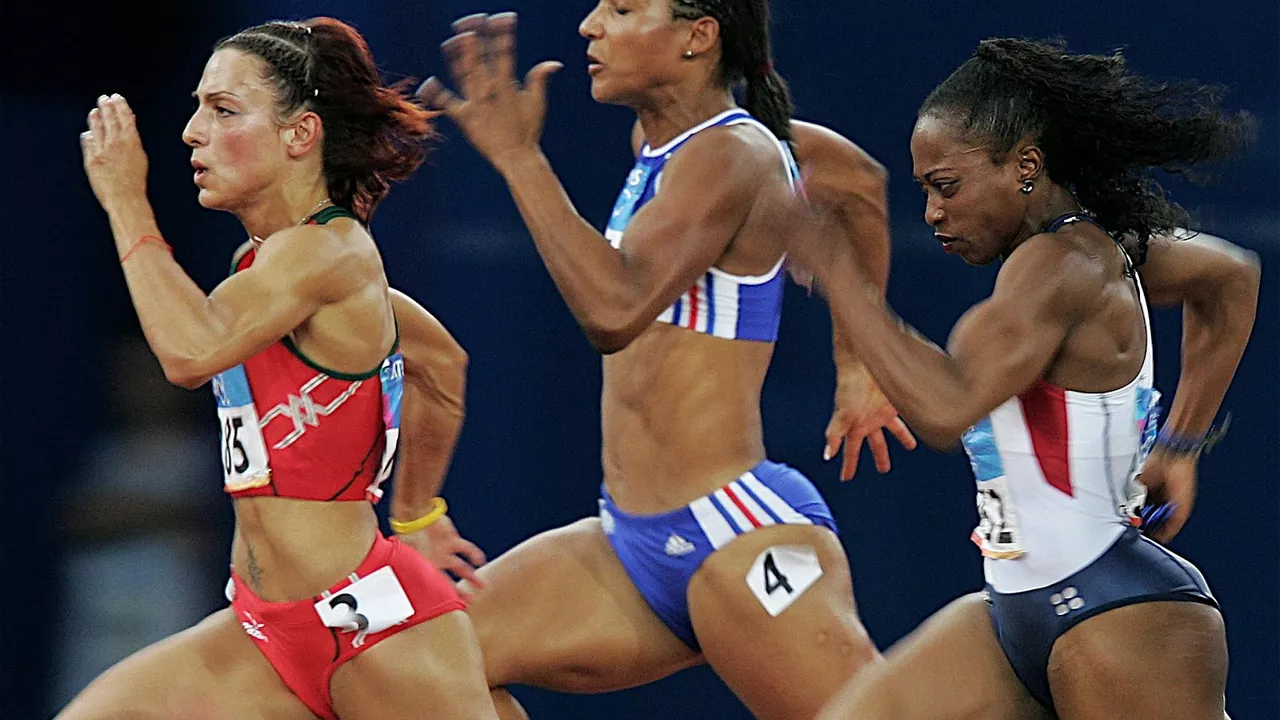Sports Psychology: How Mental Training Improves Athlete Performance
Ever wonder why some athletes bounce back from a loss while others seem stuck? The secret isn’t just muscles or skill – it’s the mind. Sports psychology looks at how thoughts, emotions, and habits shape performance. In this guide we’ll break down the core ideas, give you simple tools to use, and show why mental strength matters both in the ring and outside it.
Why the Mind Wins or Loses
Every fight, match, or race brings pressure. When a fighter feels the crowd’s eyes, the stakes feel heavier and the brain can flip into “fight‑or‑flight.” If the brain leans toward fear, you’ll see hesitation, sloppy technique, or even aggression that lands you in trouble. A recent discussion about athletes getting arrested highlighted how fame, money, and a lack of normal life can push a person toward bad choices. Those same mental pressures are exactly what sports psychology works to reshape.
Think of the mind like a thermostat. When it’s set too low, you’re calm and ready. When it’s too high, you overheat and make mistakes. Coaching the thermostat means learning to control breathing, set realistic goals, and talk yourself through doubt. Simple tricks – like visualising a perfect round before it starts – can lower that temperature and keep you focused.
Practical Mental Tools for Every Athlete
1. Goal Chunking – Big dreams feel overwhelming. Break them into weekly or daily tasks. Instead of “win the title,” aim for “land three solid strikes in today’s sparring.” Small wins build confidence and keep the brain on track.
2. Breath Reset – When anxiety spikes, a quick 4‑7‑8 breathing pattern (inhale 4 seconds, hold 7, exhale 8) tells the nervous system to calm down. Do this before stepping into the cage, after a tough round, or anytime you feel the stress building.
3. Self‑Talk Audit – Catch negative chatter (“I’m weak”) and replace it with factual, supportive phrases (“I trained hard, I’m ready”). Write a few go‑to lines on a sticky note and read them before every session.
4. Visualization – Close your eyes and replay a perfect match. See the footwork, hear the crowd, feel the confidence. This mental rehearsal primes the brain to act the same way when the real thing starts.
5. Recovery Routine – Mental fatigue is real. Schedule short meditation, light stretching, or a walk after intense training. Giving the brain a break keeps it sharp and reduces the chance of off‑field drama.
Applying these tools doesn’t just improve fight performance; it can also curb the risky behavior discussed in the “Why do so many athletes get arrested?” piece. By managing stress and building a healthier mindset, athletes are less likely to seek shortcuts or act out of impulsive anger.
Bottom line: The body may win the fight, but the mind decides if you stay in the game. Start with one of the five tools above, track how you feel, and watch your confidence grow. Your next bout, match, or competition will feel smoother, and you’ll be better equipped to handle life’s pressures outside the arena.
- Kaius Farrell
- 0 Comments
Why do so many athletes get arrested?
You know, it's like a Shakespearean tragedy when athletes start playing cops and robbers, except they're not the cops. It seems that athletes getting arrested has become as common as my grandma's sneezes during hay fever season. But why so? Well, it boils down to three things: fame, fortune, and the lack of a 'normal' youth. Together, these create a cocktail of bad decisions, with a sprinkle of 'untouchability' and a cherry of peer pressure on top. So, the next time you see an athlete in handcuffs, don't be too surprised - they're just playing their version of Monopoly!
View More